Mensa International supports next generation as it marks 75th anniversary
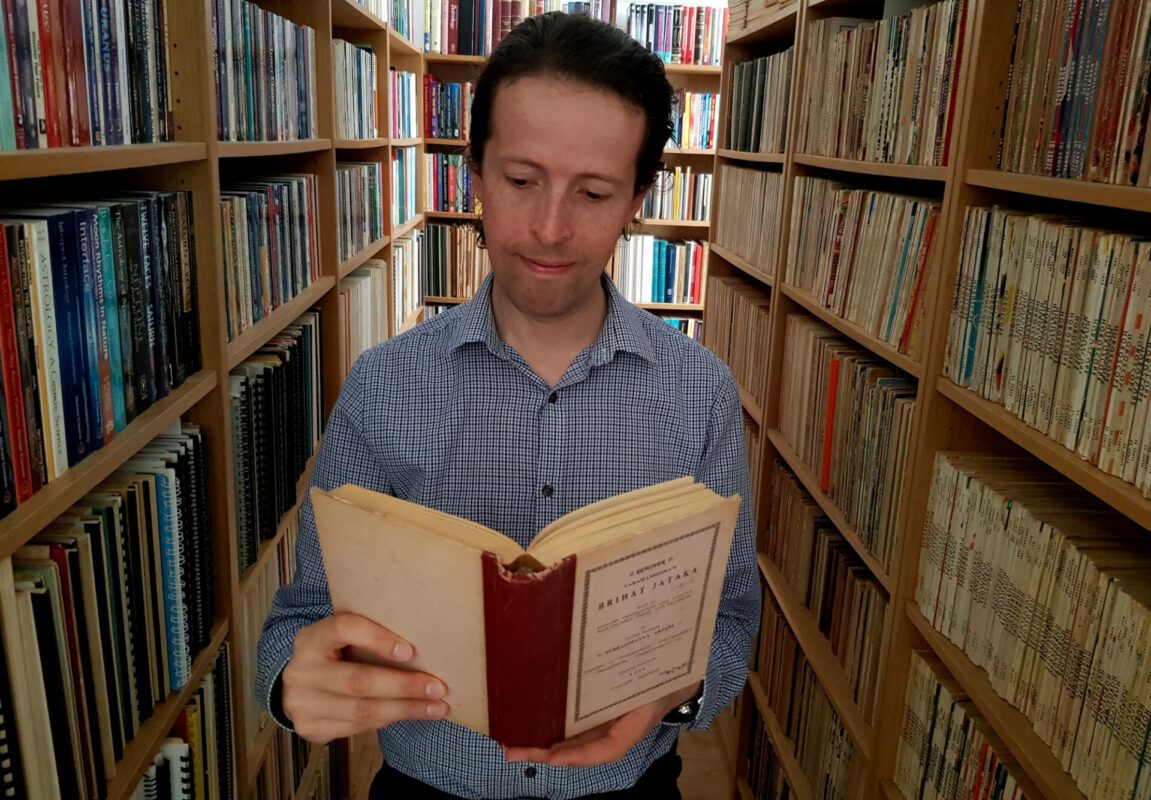
Mensa International is seeking to identify potential worldwide and nurture the next generation of trailblazers, as it marks its 75th anniversary.
The largest and oldest high IQ society in the world has set up programmes in many countries to support gifted young people who may otherwise be overlooked.
Executive director Michael Feenan said: “We believe it’s important to maximise potential and identify future innovators – to the benefit of both the individual and society.”
And online marketing firm GWS Media has developed their website to support around 145,000 members worldwide.
Creative director David Graves and his younger brother, Philip, support the organisation’s aims to support those with particular needs following their personal experience.
They both had their IQs tested at a teacher’s request and achieved similarly highly, which helped their school to better adapt and support them.
Gifted and burdened
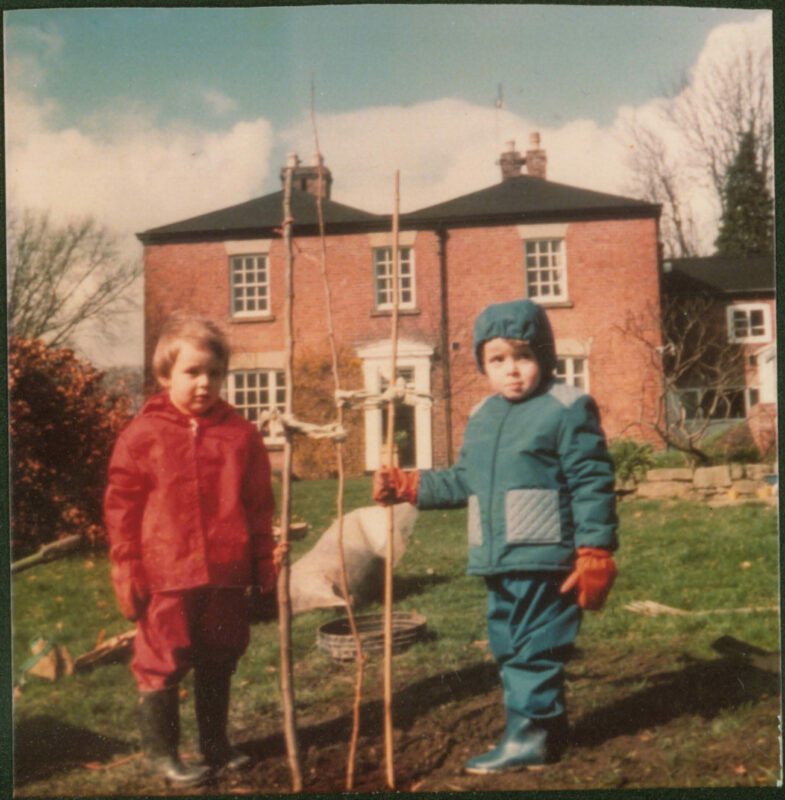
Philip Graves, GWS Media copywriter, SEO analyst and digital marketer, had struggled to fit in – and by the age of seven it was discovered he had an IQ of 150.
Philip, a published author, who speaks French and Swedish fluently, said: “High intelligence is an asset if channelled productively but can make it harder for children to fit into both school and society. Anything out of the ordinary can be a source of criticism and exclusion.
“I support Mensa and the efforts it makes to provide a lifeline for the particular needs of those who are at once gifted and, in a real sense, burdened with high IQ.”
It was while at Whittington Primary School a teacher suggested they take the test – and the intervention is believed to have helped them to reach their potential.
Philip said: “I think I had become a source of serious concern for my teacher. My poor attention span was first interpreted as a lack of understanding – rather than restlessness.
“But I was then given separate books to read and more advanced sums to do, which kept me stimulated. If the school had not intervened, then I think I might have underachieved.”
Fostering students’ strengths
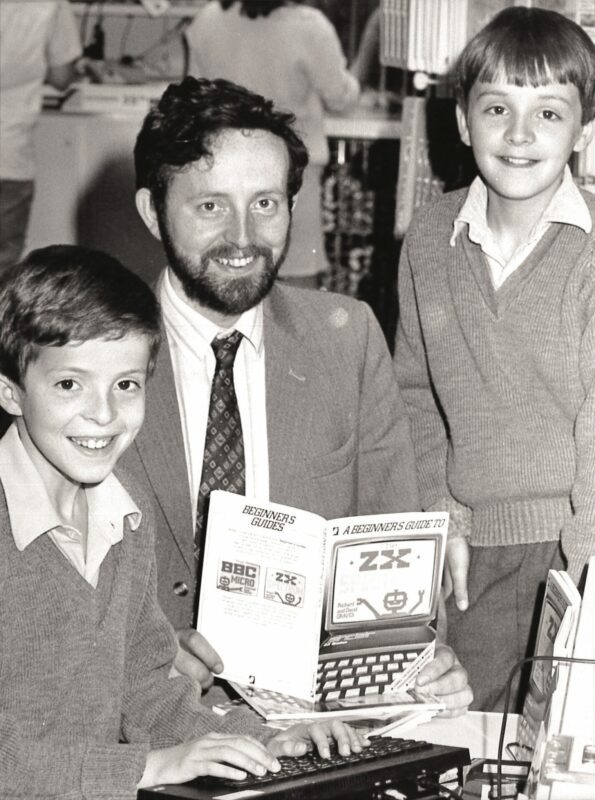
Philip, who then attended Bellan House School in Oswestry, and later Shrewsbury Sixth Form College, believes it is important to foster students’ strengths.
He said: “I think that good-quality teaching matching my ability level in languages and other areas has been key.
“At Bellan, I was taught French from the age of seven. I went on to learn Latin from the age of nine and German from the age of 13, and later took a degree in French.
“I was also an enthusiastic imaginative writer in English from an early age, so English teaching that taught grammar, developed vocabulary and refined skills in composition was helpful to me in that respect.
“Like most students, I was weaker in some subjects too, and particularly dreaded assessed practicals in chemistry and biology.
“I think it’s important for teaching to recognise that some students’ brains are better wired for theoretical and mental work than for the more practical kinds and to foster each student’s strengths.
“It’s important to respect different ways of thinking and individuality – rather than trying to fit everyone into the same mould.”
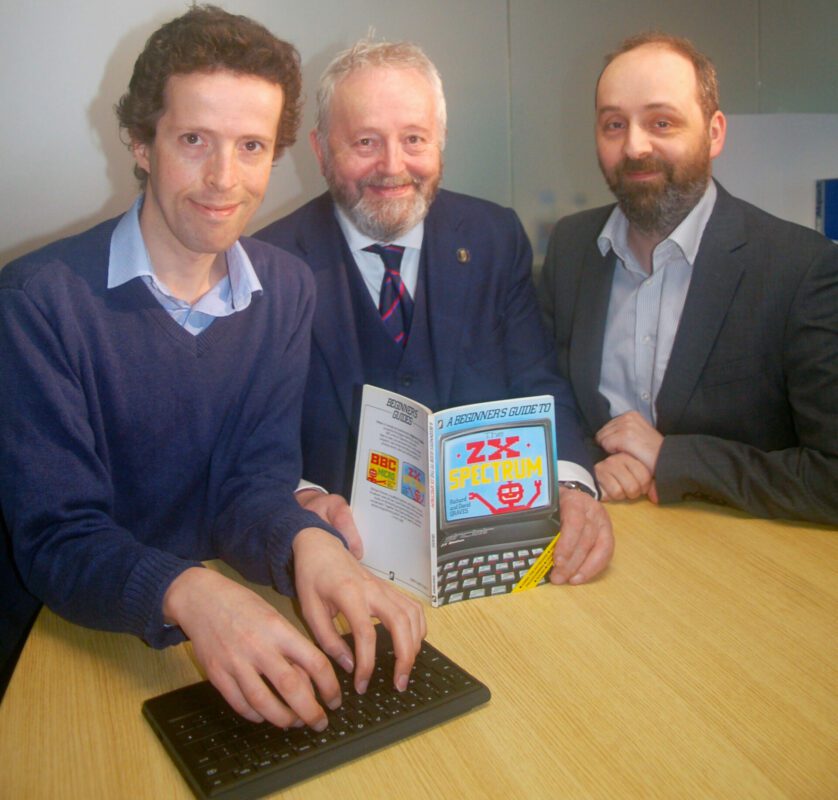
Benefits to humanity
Michael, a former member of the RAF who worked as a defence attaché in Russia, said: “We have programmes in place for children who would otherwise be overlooked by the system and unable to develop their ability.
“There’s a difference between someone having bright thoughts and having the opportunity to put them into action.
“The site has been a vital tool for getting our message out there and making people aware of initiatives and resources for children that they may not have known about.”
The late Sir Clive Sinclair, the inventor behind the world’s first pocket calculator and Spectrum home computer, was one of the notable members of Mensa and Chairman of British Mensa.
Mensans ages vary from two to 100, and their education ranges from those with multiple doctorates to school dropouts.
Nurture
Mensa believes that intellectually gifted young people need special attention to make sure they are stimulated and can reach their potential – just as less able students may need help.
Michael, who has a master’s in psychology from the University of Glasgow, said: “This is not about thinking people with a high IQ are special or deserving of more attention – it’s just that they need a different kind of attention.
“It’s not true to say that bright children will succeed simply because they are bright. They will face other challenges, needing to be nurtured and encouraged in a different way.
“While our focus is on intellect, there are many forms of giftedness. It is important children have the opportunity to develop their potential – be it sporting, academic or in other areas.”
Mensa has various programmes in place, including Tribal Mensa Nurturing Program – supporting underprivileged gifted children among tribal populations in India.
There are foundations around the world, including the Mensa Foundation – offering support in the form of scholarships, gifted youth and educational outreach, awards and research.
Cultural differences
British psychologist Dr Joan Freeman, who specialises in giftedness, has released a paper on different cultural approaches to giftedness.
It reveals giftedness may be defined according to culture – and Einstein may have been overlooked based on some Western views.
Government support varies across the world too – from self-selection with funding to making provision available in schools.
History
Mensa was founded in England in 1946 by barrister Roland Berrill and scientist and lawyer Dr Lance Ware.
Mensa means ‘table’ in Latin – as it is a round-table society where all members are equal regardless of age, gender, nationality, religion, race or politics.
Its three main aims are: to identify and foster human intelligence for the benefit of humanity; to encourage research into the nature, characteristics, and uses of intelligence; to provide a stimulating intellectual and social environment for its members.
Mensa has separate national groups around the world.










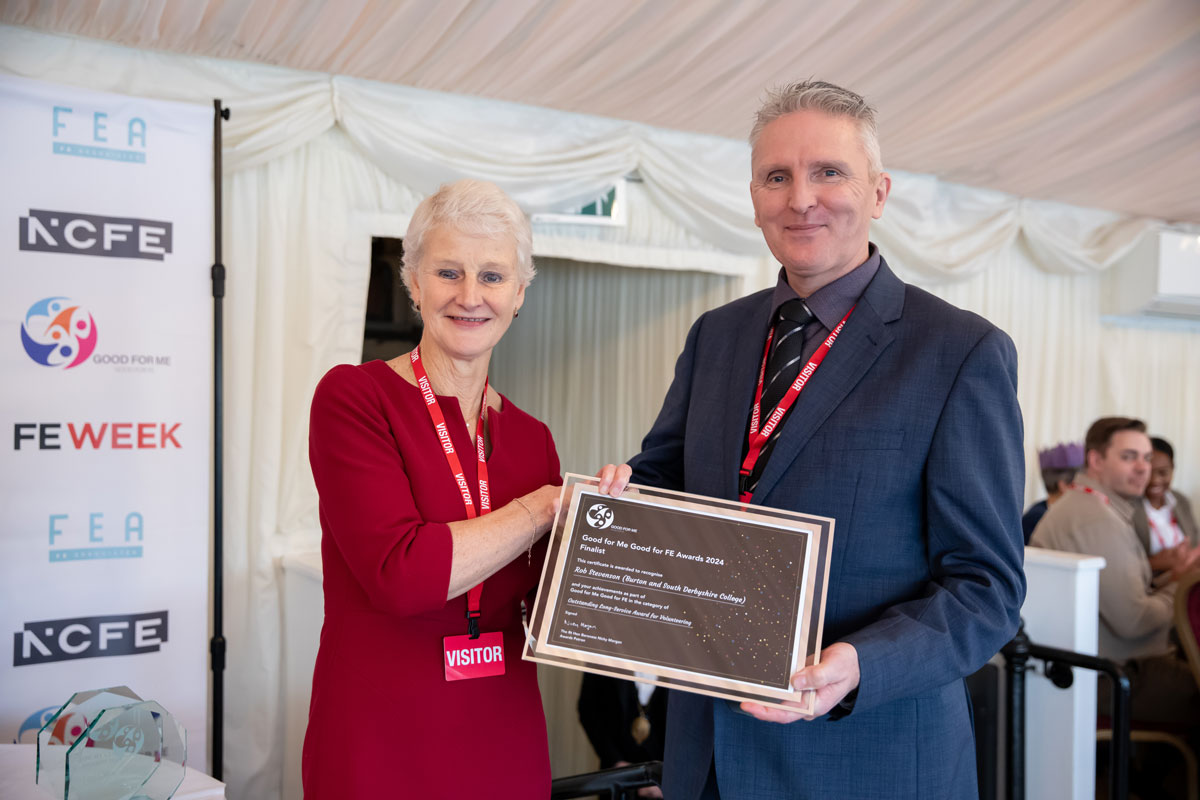
Responses